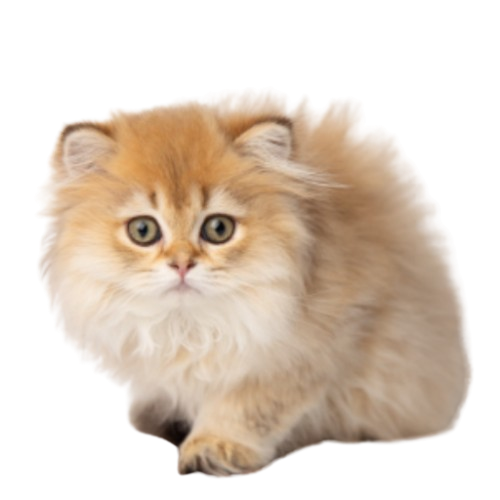British Longhair Cat Food

British Longhair cats require a best approach that makes their physical characteristics erratic. This cat breed has a long and dense coat and needs a nutritious diet to maintain their health.
Nutritional needs for British Longhair cats are:
- Fat (15-20%)
Fats are a good source of energy for maintaining a healthy coat. Omega fatty acids(omega-3 and omega-6) will help to shine the coat and skin healthy and provide energy. Omega-3 fatty acids support brain and eye health.
- Protein (30-40%)
British cats have muscular and sturdy bodies that require protein to maintain their immune system strong and skin healthy. Chicken(easily digestible, should not be packed), fish(should be balanced) and beef(provides essential nutrients) are great sources of protein.
- Eggs(per 100g)
Eggs are a high-quality protein, rich in vitamins and provide important minerals for British Longhair cats, which support muscle health and overall well-being. Eggs can be nutritious food for your cat..
- Vitamins(less than 1% of total diet)
Vitamins will help to support the immune system. Vitamin A (best for cat vision), Vitamin D (supports bone health) and B Vitamins (essential for cellular function).
- Minerals(less than 2-3% of total food)
Minerals are necessary for bone health and muscle function. Balanced minerals such as calcium, magnesium, potassium and zinc are important for maintaining healthy teeth, heart function and skin health.
Above these food percentages will be given to your cat according to their weight and age.
Recommended cat food brands
- Royal Canin British Shorthair
- Orijen cat and kitten Dry food
- Wellness CORE Grain-free Wet Cat
- Hills Science Diet
- Acana
- Merrick
- Nutro
Choosing the right food for British Longhair
When you choose the food for your cat, you consider the cat’s age, food requirements, high-quality animal protein, omega fatty acids and wet vs. dry foods. British Longhair cats are generally healthy and need more care when it comes to nutrition requirements.
Conclusion
In final words, choosing the right food for your cat will support their nutritional needs and well-being. It is necessary to consider the cat’s age, dietary needs and health problems when selecting the food. Remember to consult a veterinarian for recommendations. By giving them a proper diet, your cat remains healthy and active throughout their life.
